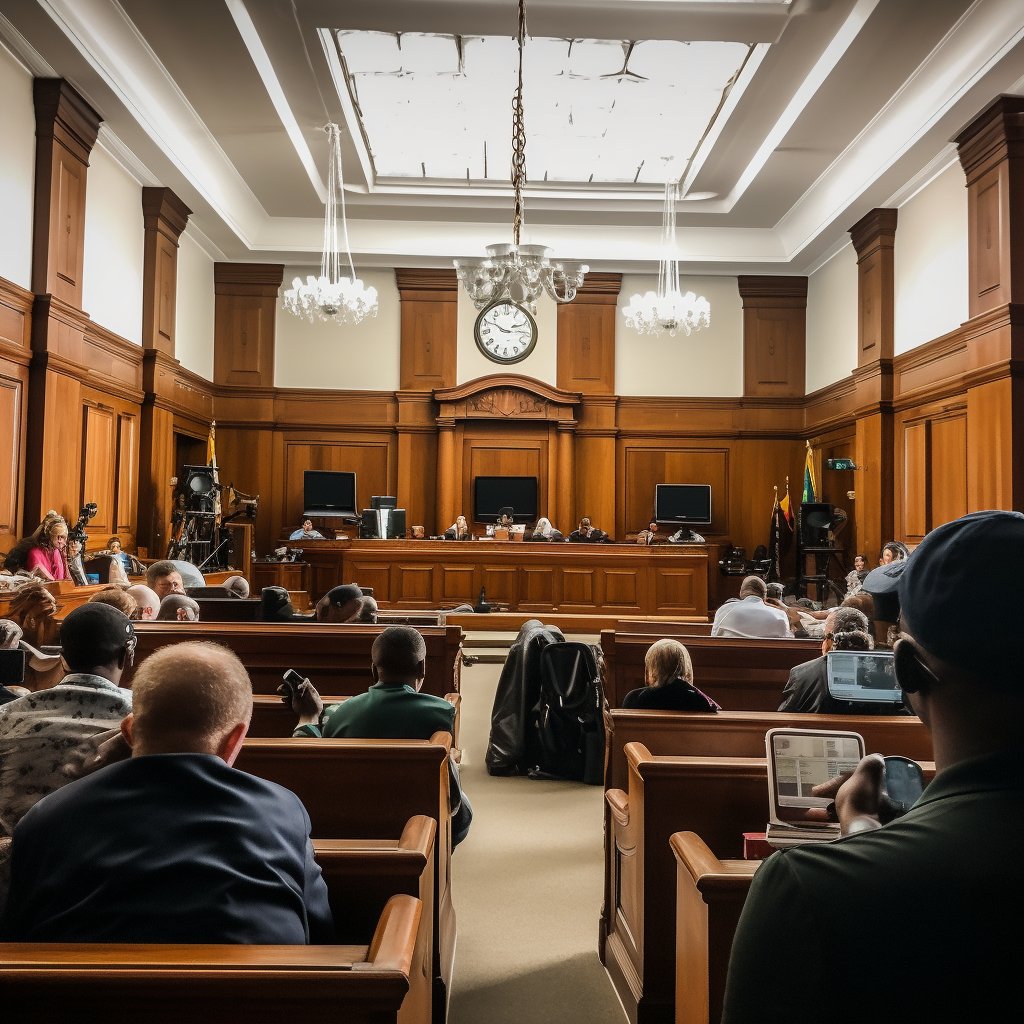Picture: for illustration purposes
Traumatized Witnesses Allowed In-Camera Testimony in High-Profile Gang-Related Murder Trial
At the Western Cape High Court, two witnesses, who were minors at the time of the murder of their parents in 2002, will be testifying in-camera against alleged leader of the Terrible Josters gang, Elton Lenting. Now adults, they will remain unnamed to maintain their privacy and protection.
Lenting alongside the 19 others are facing an astounding 145 criminal charges, containing accusations of murder, attempted murder, illegal possession of firearms, drug trafficking, kidnapping, arson, and theft. The charges stem from various criminal activities alleged to have occurred between March 2002 and January 2017.
The decision to conduct an in-camera hearing came after a careful judgement, stating that despite the witnesses' current adult status, their traumatic ordeal does not negate their rights to confidentiality and protection stipulated under Section 154(3) of the Child Protection Act (CPA). Trauma, whether suffered as a victim, witness, or accused, does not cease its impact upon reaching the age of 18.
Clinical psychologist, Kirsten Clark, who evaluated the mental state of the witnesses, reported one of them still enduring severe aftermath of violence, proactively providing symptom behaviour required for post-traumatic stress disorder (PTSD). This included the frequent experience of flashbacks, severe depression, headaches and self-harm ideation.
Presiding Judge James Lekhuleni supported the claim, explaining that the witness' narrative would realistically become incoherent due to the potential of experiencing traumatic flashbacks on the stand. He further clarified that if compelled to give evidence in an open court, the witness would not only suffer immediate impact, but also long-term negative mental health effects.
This circumstantial assessment led to the State advocating for the protection of the witnesses from re-victimisation and re-traumatisation that could result from testifying openly in the presence of the accused.










